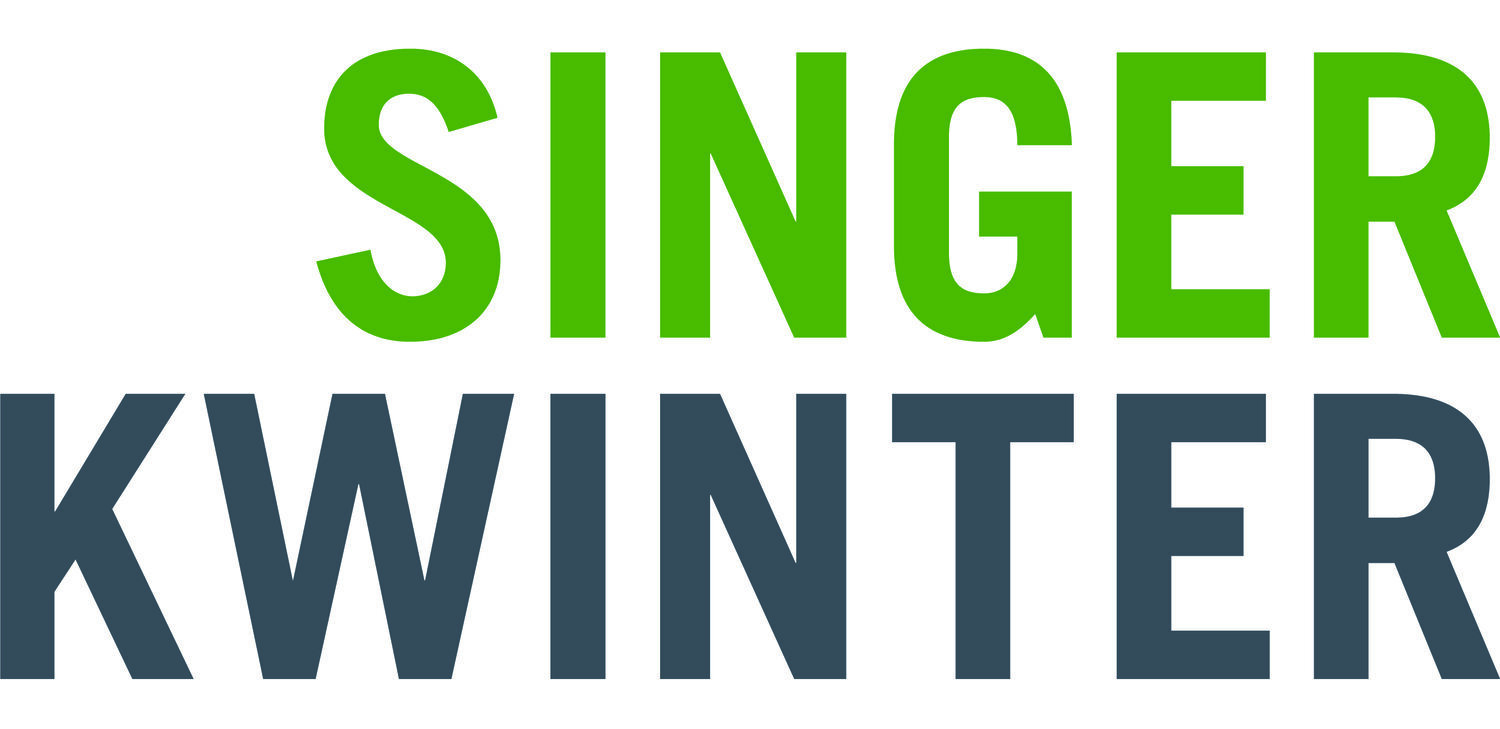Are you dealing with a Major Fire Loss or Property Claim?
Insurance is truly a unique product. What else do we willingly pay for in hopes that we will never have to use it? This is particularly the case with property insurance. We gladly pay the annual premiums knowing that in the case of a major loss we are protected. All too often, however, this is not the case. A person can pay premiums for years only to find out that once they have a fire or other large loss, the insurance company is no longer their friend.
Dealing with a major fire loss or property claim? Read my list of Top 10 “Did You Know” tips for policyholders when dealing with a major loss. We are the only firm in Canada to win 4 punitive damage awards against insurance companies (see number 8 below).
Top 10 “Did You Know” Tips for Policyholders:
Preferred Contractors
Following a large property loss, the insurance company will often call in their “preferred contractors”. You are not obligated to use the insurance company’s “preferred contractors” to rebuild or repair damage to your property. Some of these contractors depend on the insurer for a significant portion of their business. Consider whose interest they will more likely protect.
Deadlines
If you don’t start a legal action within the time limit set out in your policy, you could lose all your rights against your insurance company. If you’re unsure what that time period is – get legal advice.
Proof of Loss
Every major claim under your policy has to be supported by a sworn Proof of Loss. This is a declaration made under oath that all statements made to support your claim are true. Any exaggeration or misstatement, no matter how small, can void your entire claim. The “duty of good faith” referred to in number 10 goes both ways. You are obliged to be truthful with respect to every aspect of your claim.
Appraisal
If you and your insurance company cannot agree on the amount of your loss the Insurance Act provides for a process called an Appraisal. Either side can request an Appraisal once a Proof of Loss has been filed. Each side chooses an appraiser, and the 2 appraisers agree on an umpire. The decision of 2 out of the 3 is binding. This procedure is designed to provide a cost efficient and expeditious way to determine your loss which could otherwise take days or even weeks of court time.
Public Adjusters
They are experts in evaluating the loss and representing policyholders in Appraisals. They level the playing field between the policyholder and the insurance company. Many Public Adjusters have previously acted for insurance companies so they are familiar with how insurance companies treat and can sometimes mistreat their policyholders. Public Adjusters usually charge a percentage of the amount recovered. The Policyholders’ Counsel should be able to recover that fee as part of the claim.
Replacement Cost (RC) and Actual Cash Value (ACV)
If your policy provides for Replacement Cost (RC) you can only get RC if and when you replace otherwise you are paid Actual Cash Value (ACV). That applies both to the structure and contents. Replacement Cost means the cost of replacing the item following the loss–not what you originally paid. There is usually a very significant difference between RC and AVC. ACV is sometimes determined based on to what you would get if you were to sell the item.
Consequential Damages
You can in certain cases recover amounts in excess of the policy limits if the actions or inaction of the insurance company in handling your claim have put you to additional expense. These are known as Consequential Damages. For example, having to hire your own contractor to correct or redo faulty work performed by the insurance Company’s preferred contractor. Always ensure all such extra expenses are supported by documentation such as receipts, invoices, and canceled cheques.
Punitive Damages
Where the insurance company has engaged in conduct that could be considered high handed, vindictive and/or arbitrary you could be entitled to an award of punitive damages. These damages are not meant to compensate the policyholder but to punish the insurance company and to deter it and other insurance companies from engaging in similar conduct. An insurance company owes its policyholder what has been termed as “the duty of good faith”. This basically means that the company must handle each claim fairly, expeditiously, even-handedly and cannot put its own interests ahead of the interests of its policyholder. Failure to do so can result in a finding of bad faith and result in an award for Punitive Damages.
Damages for Mental Distress
The courts have recognized certain insurance policies as “peace of mind” contracts. Where an insurance company has mistreated a policyholder and caused emotional distress there can be an additional claim advanced for damages for “Mental Distress” as well as what are know as Aggravated Damages.
Broker Liability
In many cases policyholders find after a large loss that they do not have enough insurance to pay for their loss. This could give rise to a claim against the broker for not providing proper advice to the policyholder. The courts have held that a broker must do more than just collect a premium.
The Personal Injury and Property Loss Lawyers at Singer Kwinter can assist with this process by ensuring that the deadlines are met, and you are given the best chance of a successful outcome.


